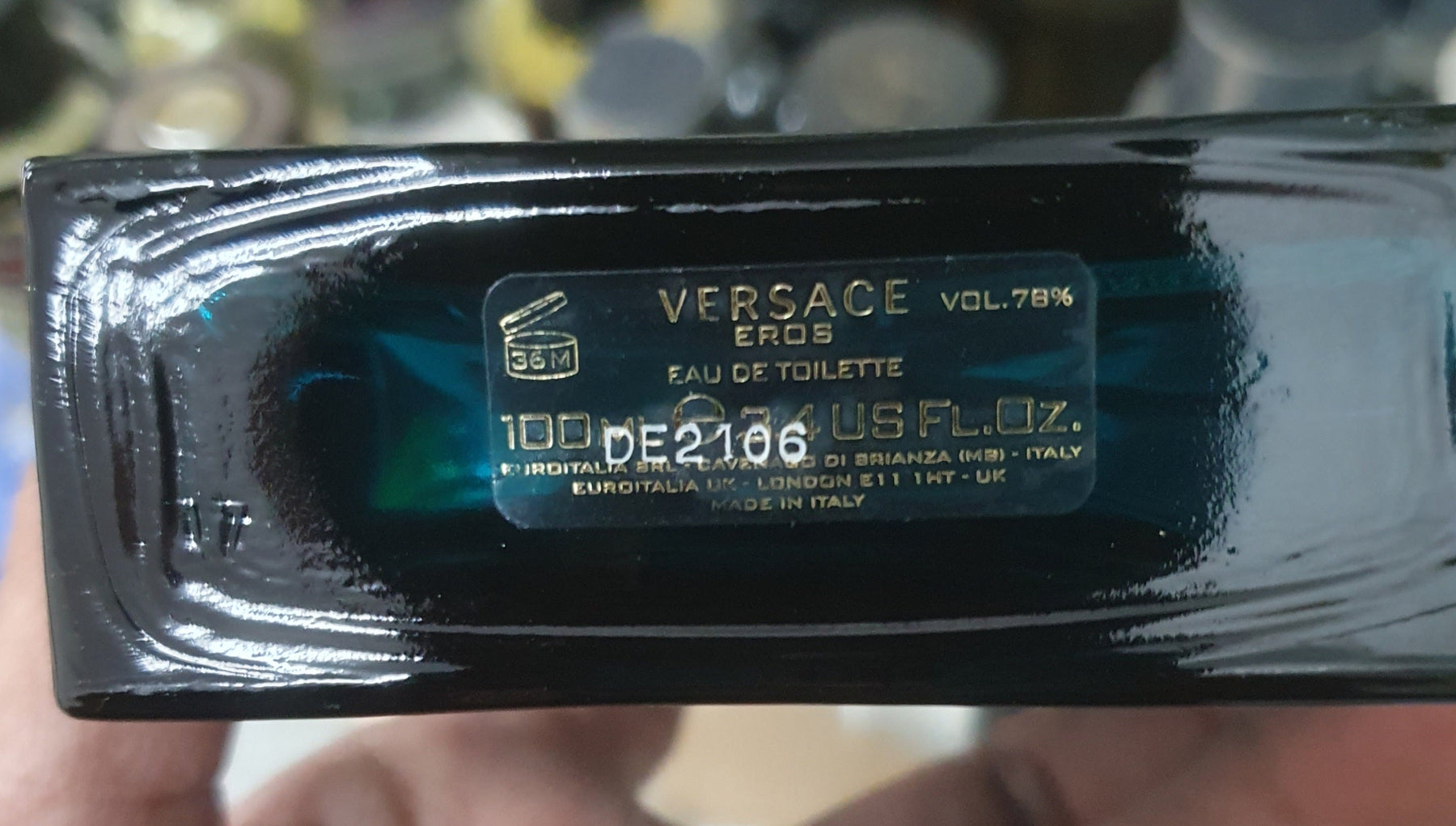
Perfume Shelf Life Explained: Signs Your Fragrance Has Expired
Perfume Expiry Guide: How to Tell When Your Fragrance Has Gone Bad
Perfume is more than just a scent; it's an experience that elevates your mood, enhances your style, and leaves a lasting impression. However, like all good things, perfume has a shelf life. Over time, fragrances can lose their charm and potency. But how can you tell when your beloved bottle is past its prime? In this guide, we’ll walk you through the signs of perfume expiry, how to extend its shelf life, and tips for ensuring your fragrance remains as fresh as when you first spritzed it.
Do Perfumes Expire?
Yes, perfumes do expire. Unlike fine wine, they don't improve with age. In fact, over time, the ingredients in perfume break down due to exposure to air, light, and temperature fluctuations. As a result, your fragrance can become less vibrant, change color, or even develop an off-putting scent.
Typical shelf life of perfume:
-
Unopened Perfume: 3-5 years (sometimes longer, depending on storage)
-
Opened Perfume: 1-3 years
These are just rough estimates. The actual longevity of your fragrance depends on the perfume's composition, how often it's used, and how well it’s stored.
How to Tell If Your Perfume Has Expired
While some perfumes may last beyond their "expected" shelf life, there are key signs that indicate your fragrance has gone bad:
-
Change in Scent
The most noticeable sign is the change in the fragrance. If your perfume has an unpleasant or sour odor that’s different from its original scent, it’s a sign it’s time to part ways. -
Color Change
Many perfumes contain natural oils that, when exposed to light or air for too long, can cause the fragrance to darken. A slight change in color is common over time, but a drastic darkening or browning could indicate that the perfume has gone bad. -
Separation of Layers
Some perfumes, especially those with natural ingredients, may begin to separate into layers. If you notice this happening, it's a red flag. -
Loss of Intensity
If your perfume no longer lasts as long or seems weaker, it could be because the chemical composition has degraded, resulting in a faded scent. -
Cloudiness or Particles
Sometimes, the liquid in perfume can become cloudy or develop visible particles. This is usually a sign of chemical degradation or contamination and means the perfume is no longer safe to wear.
How to Extend the Life of Your Perfume
While perfumes eventually expire, proper storage can help extend their lifespan. Here are a few tips to keep your fragrance smelling fresh for as long as possible:
-
Store in a Cool, Dark Place
Heat and light are the biggest enemies of perfume. Store your fragrance away from direct sunlight or temperature fluctuations (like near windows or in the bathroom). Instead, place it in a cool, dark cupboard or drawer to help preserve the scent. -
Keep the Bottle Sealed
The more you open the bottle, the more air gets into it, which accelerates the breakdown of the fragrance. When not in use, make sure the bottle is tightly sealed to minimize exposure to air. -
Avoid Storing Perfume in the Bathroom
The heat and humidity of bathrooms can cause perfumes to deteriorate quickly. Instead, opt for a dry and temperature-stable area to keep your fragrance intact. -
Avoid Temperature Extremes
Don’t store perfumes in places where the temperature fluctuates, such as in your car or near heating vents. Try to maintain a stable, cool environment.
How to Properly Dispose of Expired Perfume
If your perfume has truly gone bad, it's time to let it go. Here’s how to dispose of expired perfume responsibly:
-
Check Local Regulations: Some areas may have specific guidelines for disposing of chemicals or fragrances. Check with local waste disposal services for advice.
-
Don’t Just Throw It Away: If possible, avoid tossing perfume bottles in the trash. Instead, take the empty bottle to a recycling facility or drop-off location for proper disposal.
-
Repurpose the Bottle: If the bottle itself is still intact and the perfume is no longer usable, you can reuse the bottle as a decorative piece, or even as a refillable travel-sized container for other liquids.
The Bottom Line
Perfumes are an investment in your personal scent, and like all investments, they require care and attention to maintain their value. While perfumes don’t last forever, proper storage and attention to changes in scent, color, or texture can help you maximize the enjoyment you get from your favorite fragrances. By understanding the signs of expiration and how to extend the life of your perfume, you can ensure that your signature scent stays fresh and vibrant for as long as possible.
Pro Tip: If you’re unsure whether your perfume is still good to wear, do a patch test. Apply a small amount to your wrist and see if the scent is still to your liking. If it smells off or gives you a reaction, it’s time to say goodbye.
Have any perfume expiry tips or stories to share? Let us know in the comments below!

